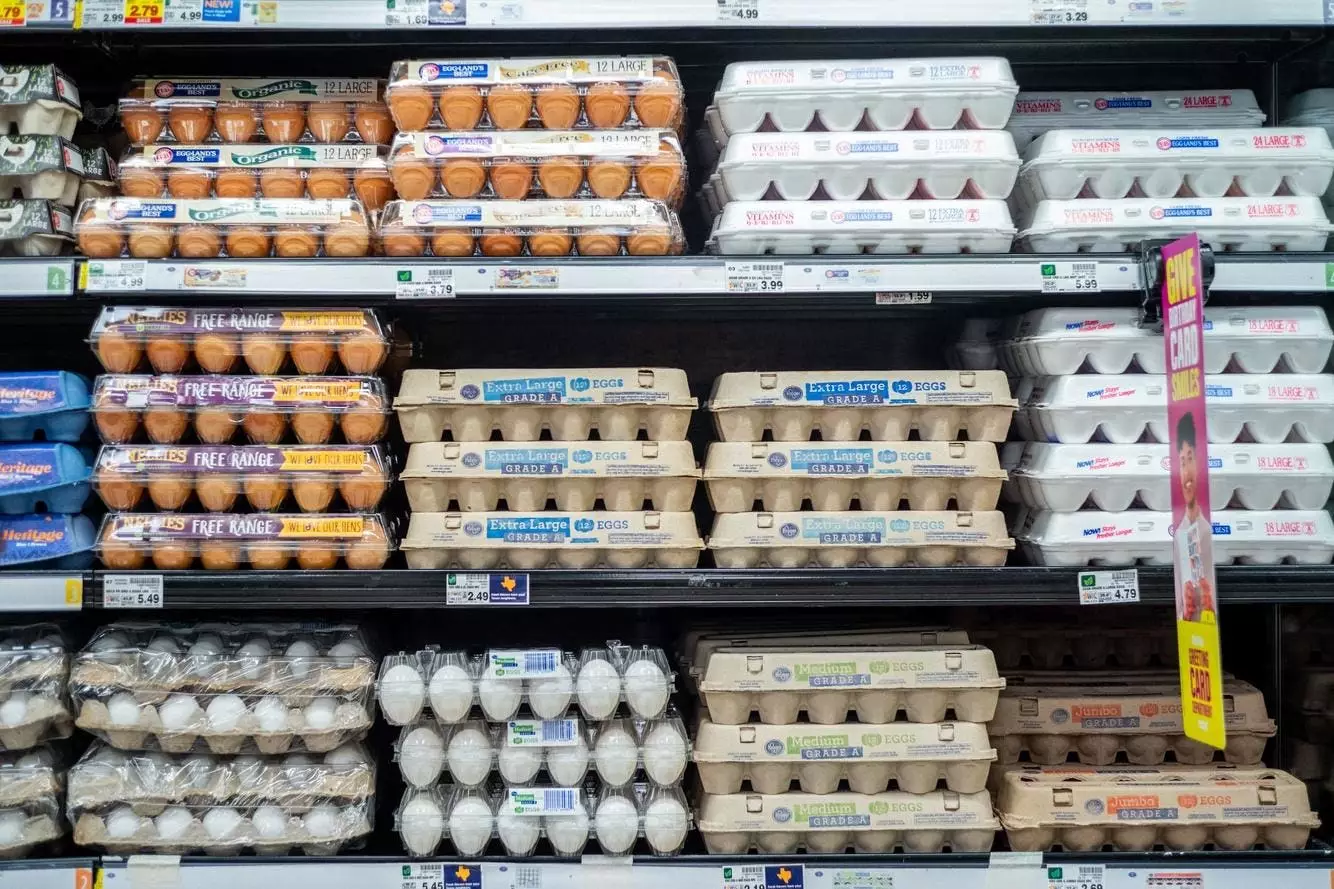As the echoes of holiday celebrations fade away, the focus shifts to one pressing concern: the safety of our holiday leftovers. The joy of feasting and exchanging gifts often comes with the shadow of potential food safety risks, magnified this past season by a flurry of food recalls that affected various products cherished during festive gatherings. This article delves into the significance of being aware of food contamination risks as families sift through their refrigerators looking for remnants of holiday indulgence.
The Hidden Dangers of Holiday Cuisine
During the holidays, we indulge in culinary traditions that have been passed down through generations. Unfortunately, as we enjoy our beloved dishes, many are unaware of the potential for foodborne illnesses lurking within our meals. Recent events have showcased a range of recalls impacting staples we often take for granted, such as eggs, chips, and seafood.
For instance, one notable recall involved Costco’s Handsome Brook Farms Organic Eggs, which raised alarms due to potential salmonella contamination. Eggs are integral to many holiday recipes, from breakfast staples to decadent desserts, making the recall a cause for concern in numerous households. The thought of salmonella, a bacterium responsible for food poisoning, is alarming—especially when enjoyed in family events where food safety should be paramount.
During the holiday season, snacks take center stage, enhancing gatherings and festivities. However, they can also pose risks for individuals with food allergies. The recall of Lay’s Classic Potato Chips in Washington and Oregon, attributable to undeclared milk allergens, underscores the importance of vigilance. Dairy allergies can elicit severe reactions, highlighting that even the most innocuous snacks can be fail-safes for caution.
This need for caution extends to other holiday favorites as well, including seafood. For fans of fresh oysters and Manila clams, the recent recall due to norovirus outbreak from Washington’s Pickering Passage serves as a crucial reminder of the risks associated with consuming raw or undercooked shellfish. The risk of foodborne illness from undercooked seafood can derail holiday joy and should not be overlooked.
In the hustle and bustle of the holiday season, many lean towards convenience foods, such as frozen pizza. However, even these quick meal options have not remained immune from issues; the recent recall of Connie’s Thin Crust Cheese Pizza due to plastic contamination is an example of why consumers should scrutinize their purchases. If you have a frozen pizza lurking in your freezer, it may be time to check if it has been impacted by this recall.
Similarly, holiday side dishes are often sought after but can pose their own risks. The recall of Lidl’s Taste of Deutschland frozen buttered vegetables for undeclared milk allergens serves as a reminder that even seemingly benign items can affect those with dietary restrictions. Failure to meticulously check ingredient labels can lead to severe health concerns in vulnerable individuals.
Food recalls can seem overwhelming—particularly during the festive season when families are eager to enjoy leftovers. To navigate this challenging terrain, proactive measures can safeguard both meals and loved ones from food safety risks.
Firstly, it’s advisable to regularly check trusted resources such as the USDA or FDA websites for updated recall alerts. Many of these platforms offer email subscription services that can keep consumers informed about recent recalls.
Additionally, being vigilant about food packaging is essential. Consumers should take the time to examine batch numbers, expiration dates, and product codes in relation to recall notices. When in doubt, it is wiser to discard questionable items rather than risk health complications.
Safe food storage and reheating practices are also fundamental. Leftovers should be refrigerated promptly, ideally within two hours of serving, and consumed within three to four days. Reheating foods to a minimum internal temperature of 165°F is critical in eliminating harmful bacteria that may have developed.
Educating those around you, especially during gatherings, is vital. If you’re hosting, ensure that guests are informed about any recalls that may influence what’s on the table. Finally, being knowledgeable about the symptoms of foodborne illness is crucial; should anyone in your household experience nausea, diarrhea, or fever after eating suspected items, swift consultation with a healthcare professional is warranted.
The festive spirit of the holidays can easily mask the importance of food safety. By acknowledging the potential dangers that accompany holiday leftovers and staying informed about recalls, families can enjoy the remnants of their celebrations while minimizing health risks. Be vigilant, check the safety of your food, and uphold the joys of the season in a health-conscious manner. As the saying goes, better safe than sorry!


Leave a Reply